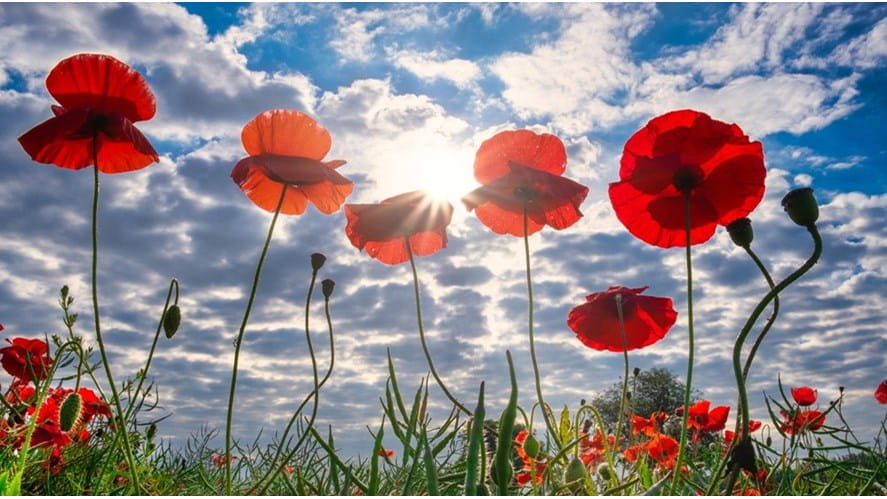We use cookies to improve your online experiences. To learn more and choose your cookies options, please refer to our cookie policy.

On 4 May each year, the Netherlands stops and pays tribute to the fallen during Remembrance Day, with ceremonies taking place in towns and cities throughout the country. The following day is Liberation, or Freedom Day and it is often seen more as a celebration. Remembering what was... and then celebrating (or rather being thankful for) what is.
As an international school with a community that represents over 40 nationalities, Remembrance Day and World War Two both hold a deep significance with families. They are topics that are discussed and taught on an annual basis. And so they should be, we study history and learn about the past in order to guide and inform our future world citizens. While the concepts of freedom and liberty are also part of the curriculum, they have far-reaching and often deeper impacts on students in other areas of the school.
Consider student voice or as it is more commonly referred to now, student activism. At NAISR we provide our students with opportunities to be part of decision-making at all levels - in their classrooms, in the school community and beyond the school walls. Not only does this offer students with leadership opportunities and a sense of personal responsibility, it empowers them with the right to speak, act and think for themselves. It provides them with a degree of freedom - the very freedom they would not have had here in the Netherlands, if not for liberation.
While many of the actions undertaken by student groups are based on the present, we believe the freedom afforded to young people gives them different perspectives and a look at life through different lenses. It could be supporting the UNICEF World Children’s Day, making a stand on climate change or even negotiating a rule change at school. So long as it is relevant and they believe in it.
Hopefully these experiences will also help them to meaningfully reflect on the past as they move into the future. Especially at this time of the year when we remember the release from oppression alongside the freedom from limits on thoughts or behaviour.
We will remember them.